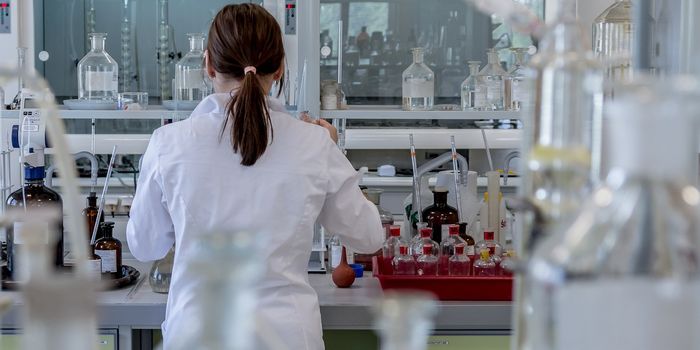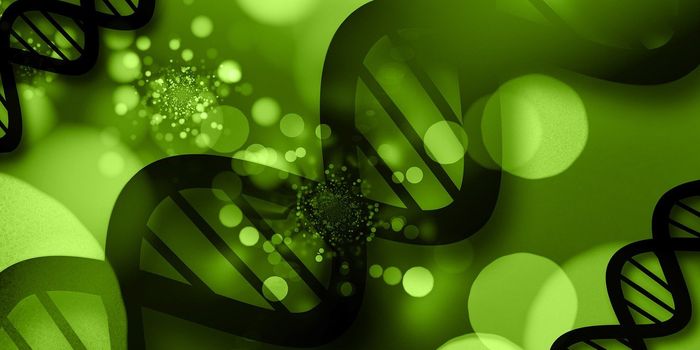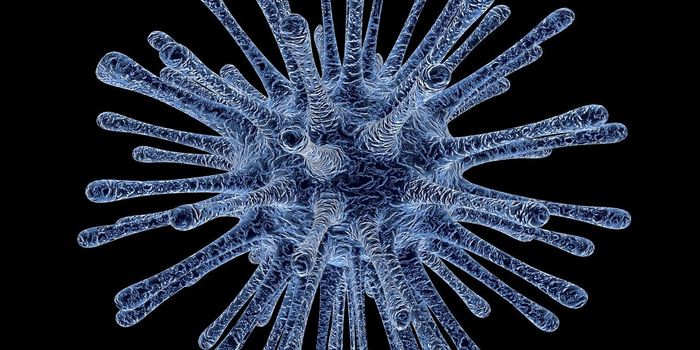Hypoxic Protein Found to Stimulate Immune Cells in Cancer
Immune checkpoint inhibitors (ICIs) have shown significant promise in treating tumors. Immune checkpoint inhibitors are a form of immunotherapy, which redirects and activates the immune system. While ICIs are not as advantageous as a single agent, they work well in combination to standard-of-care therapy, including chemotherapy. What makes ICI therapy effective is the ability to activate specific immune cells, known as T cells. While various immune cells help orchestrate a response to infection and cancer, T cells are a significant cell type responsible for recognizing and eliminating infected cells. Consequently, researchers commonly quantify T cells in tissue after treatment as a measure of a successful immune response.
In ICI therapy T cells are activated by blocking a protein on their surface. This protein commonly binds to another cell to prevent it from activating. Therefore, once the protein is inhibited, it allows for the T cell to continue its function and lyse or kill infected cells. Unfortunately, even in combination with other therapies ICIs are not completely efficacious. Scientists are working to further enhance the impact of ICI therapy by understanding the environment around the tumor.
The tumor microenvironment (TME) refers to the cells, molecules, and proteins that surround the tumor. The TME is a major obstacle in treatment efficacy due to the different cell types that become polarized and allow the tumor to progress. It is the different proteins and signals that come from cells in the TME that inhibit T cell function. Immune checkpoint inhibitors rescue T cell activity by blocking surface proteins responsible for dysregulation. In addition, the TME is highly hypoxic or lacks oxygen, which not only disrupts T cell activity, but also promotes tumor growth.
Cancer progression in hypoxic environments is made possible through various mechanisms including the activation of the HIF1α gene. HIF1α allows for the development of blood vessels for tumors to maintain nutrient supply and act as a mechanism to travel to different tissues throughout the body. It is also involved in T cell development and differentiation. Consequently, researchers are investigating ways to enhance ICI therapy in hypoxic environments with increased expression of HIF1α.
A recent paper published in Nature Communications, by Dr. Lewis Zhichang Shi and others, demonstrated how HIF1α in T cells induce a strong protein known as interferon gamma (IFN-γ), which helps T cells eliminate tumors. Additionally, they found that the T cells shift their metabolism in a low oxygen environment which is regulated by HIF1α. Shi is Director and Professor of Radiology at the University of Alabama at Birmingham (UAB). His work focuses on T cell therapy, specifically enhancing ICI therapy and investigating the immune cell response in cancer.
Shi and colleagues employed genetic mouse models to demonstrate the important role of HIF1α. They discovered that the inhibition of HIF1α prevented T cells from shifting their metabolism and suppressing their ability to secrete IFN-γ. As a result, T cells without HIF1α were less able to target tumor cells. However, those with HIF1α intact functioned better and responded to ICI therapy. Additionally, they discovered that a metabolite downstream of HIF1α was able to enhance ICI therapy when HIF1α was inhibited. This is a major finding because it has previously been thought that HIF1α is strictly deleterious in the context of cancer. However, Shi and others have demonstrated that it is necessary for T cell function and the efficacy of ICIs. Overall, this work provides knowledge of a cellular mechanism that has the potential to enhance immunotherapy and improve patient outcomes.








